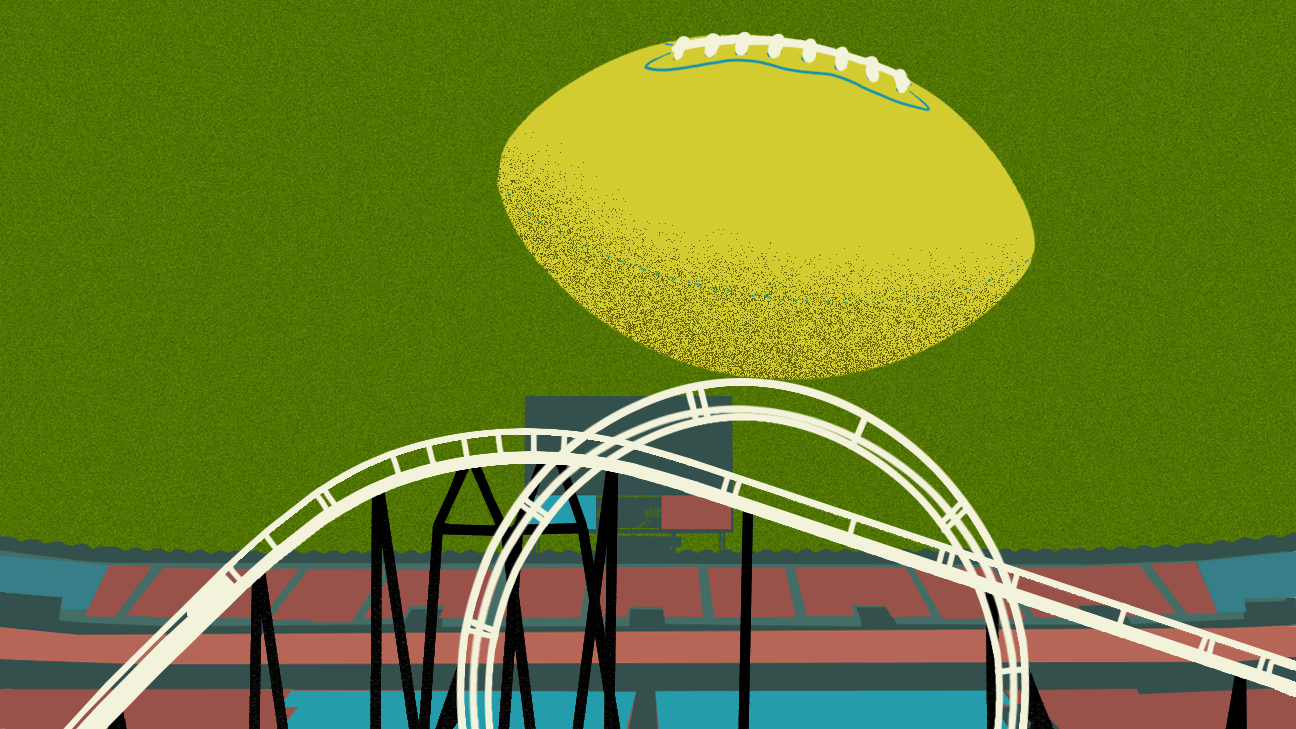Aaron Schatz is one of the most well know guys in analytics.
Yes the first two links are pertaining to football. I wasn't specifically referring to hockey in my post, just using the game as an example which happens to be hockey. If you looked at the reddit threads, you'd see other sports discussed as well.
I Googled hockey, and this came up:
Momentum does not exist! Yes it does! No it doesn’t! Yes it does! Actually, it both exists and doesn’t exist simultaneously! Perhaps Rocco Mediate sums it up this debate best, saying &…

statsbylopez.com
"On the whole, there is little to
no evidence that
momentum exists within
hockey"
The Saint Louis Blues were hot at the end of the 2018–2019 National Hockey League season, winning eleven games in a row in January and February, and eight of their last ten. They parlayed this momentum to their first Stanley Cup Championship in franchise history. Or did they? Did the series of...

www.degruyter.com
"Despite many studies that have concluded that sports momentum is a fallacy, most enthusiasts fail to accept that momentum does not exist."
Economic researchers at Cornell says game-winning "momentum" in sports doesn't exist.

www.upi.com
You are cutting off a part of the article, and ignoring how he reached his conclusion.
"On the whole, there is little to no evidence that momentum exists within hockey,
as judged by whether or not previous goal sequences imply future outcomes."
But he begins by saying: "Of course, there’s no real way of knowing which team believes it has momentum.
So perhaps this question is more appropriate:
Are teams more likely to score if they were the more recent team to score?"
And the first line is: "Actually, it both exists and doesn’t exist simultaneously!"
The point was that momentum couldn't be quantified using the methodology he applied. Not that it didn't exist.
From the conclusion of your next article:
"
So momentum may exist, but it is much more rare than the typical fan may believe, especially when examining the entire 82-game season. Though, statistically speaking, the St. Louis Blues did not show any signs of momentum, they did look like a different team in the second half of the season."
For the third article provided:
- It actually has no published studies. It just refers to other articles but doesn't actually provide the data
- The article says: "It's what color commentators and sports analysts frequently refer to as "momentum." But
researchers say there's no quantifiable evidence that it exists." That's actually not saying it doesn't exist. It's like when scientists don't find evidence of there being a supreme being but they may still go to church. You don't have evidence, but you can still believe it occurs.
==========
I understand and am sure that there are SOME people who rely on analytics and don't think momentum exist (like that one person whose tweet you referenced who seemed to ignore the momentum a team would need to go on a 23-0 run). And I agree they don't understand the game. Especially the psychological impact of emotional momentum. But I think we've not found a good way to "measure" momentum, or at least admit to ourselves that there are some variables, such as momentum, which the analytics can't account for.





